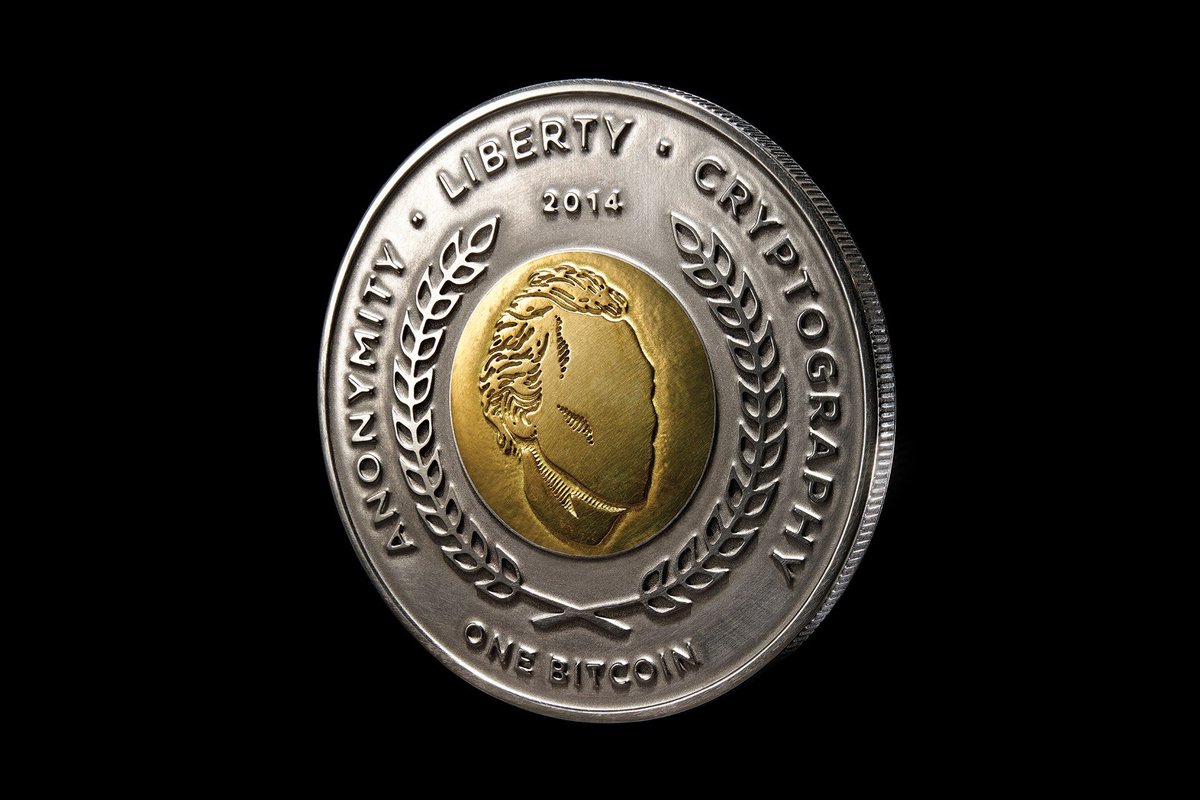You do, if you want to try. You have lots of competition now.
(from memory - you can look up the details - maybe not 100% accurate)
It's all software.
Somebody (it isn't clear exactly who) started and distributed the software about 10 years ago. Who?
Satoshi Nakamoto -
Samsung
Toshiba
Nakamichi
Motorola???
Coins come into existence by mining - discovering them - at a specified rate per day, the rate of which is reduced by half as more coins are found. You have to break the encryption or something like that to find the next coin. By running hashes until the software figures you matched one. It is impossible now for the casual user, since the other miners are executing terahashes per second in their search.
"Hash rate: 12.02 Exahashes/s"
What's exa-....
"
Exa is a
decimal unit prefix in the
metric system denoting 10^18 or 1000000000000000000."
At first it was easy to mine them, because nobody else was.
There will be something like 21 million coins "found" over the next hundred years or so, and as long as the software remains intact and running, that's all there will be.
"there's a hard limit on the number of bitcoins that can be mined: 21 million coins, which is expected to be reached by
2140."
They are divisible to 8 digits. 0.00000001 coin is the smallest unit of trade.
Somehow mining is related to the blockchain which it a record of prior transactions (it's all distributed) and mining (proving the accuracy of the blockchain) becomes more difficult the more people try, and the number of coins that can be mined per day decreases by half according to some schedule.
To hold a bitcoin (or a tiny piece of one if you are timid) you need a "wallet", could be on a thumb drive or etc, and you use a public and private key in exchanging them.
Transactions are (can be) anonymous, and protected as having occurred by the data in the blockchain, which "everyone" has to agree with.
It's all very simple, and all very complicated, at the same time.
The code is public, if you want to try to figure it all out.
